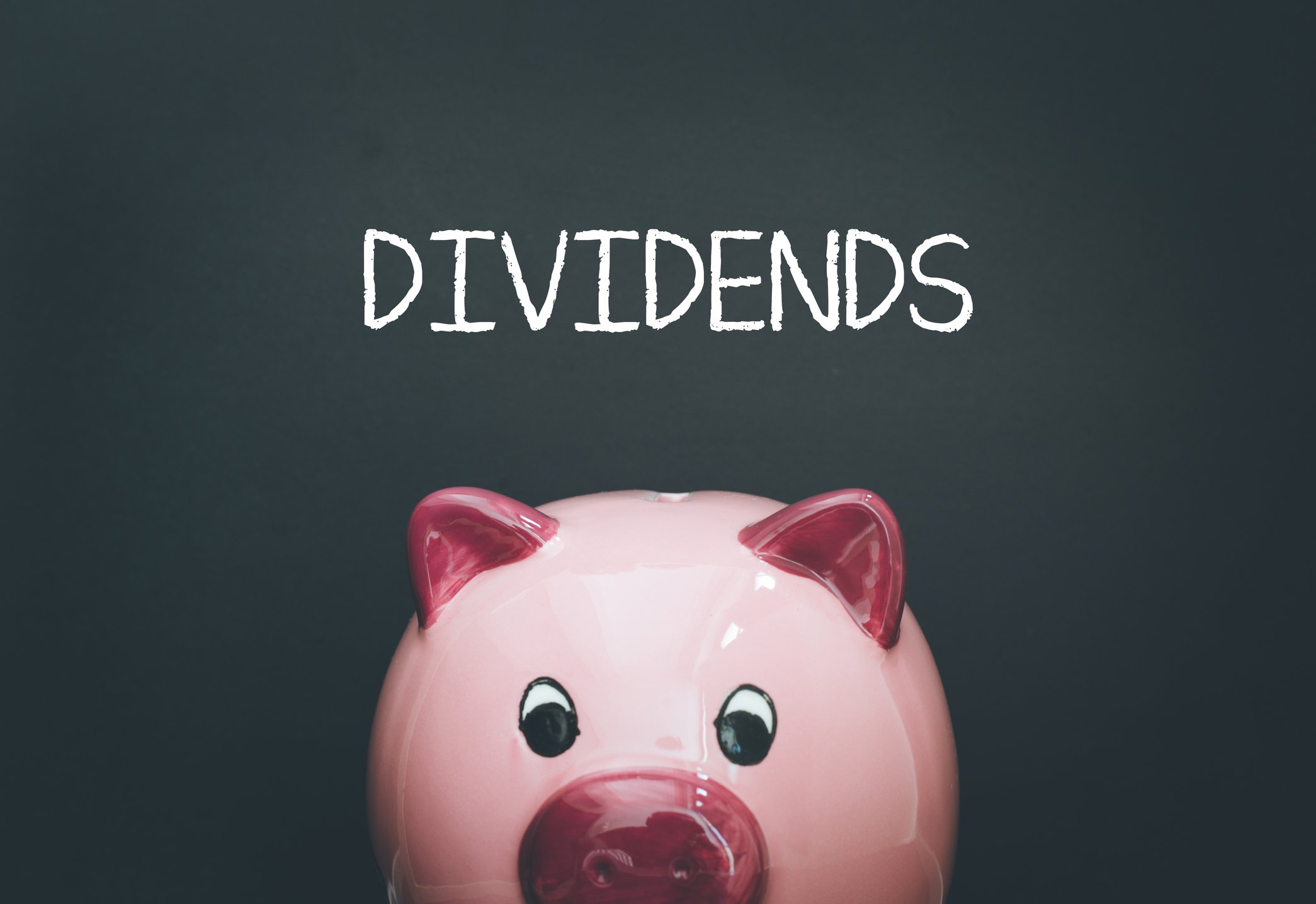Wall Street has a bad habit of ignoring investment ideas because they are long term in nature. That's exactly what's keeping the shares of technology maverick Zuora (ZUO +0.00%), recent biotech IPO Synthorx (THOR +0.00%), and retail landlord Tanger Factor Outlet Centers (SKT +0.31%) down today. Below, three Motley Fool contributors explain why you shouldn't get stuck thinking like the herd when it comes to these stocks that have fallen off Wall Street's radar.
Switching to the subscription economy will take time
Brian Stoffel (Zuora): Zuora founder and CEO Tien Tzuo left Salesforce to start his own company when he realized there was a massive shift occurring. Not only were software companies moving to a subscription-based economy -- via the software-as-a-service (SaaS) model -- but all businesses also would make the move.

Image source: Getty Images.
That led Tzuo to create back-office accounting and billing software that meets the specific needs of subscription businesses. But the ride hasn't been as smooth as it has for other SaaS companies -- which are regularly registering 50%-plus revenue growth. That's led many on Wall Street to give Zuora the cold shoulder.
But it's important to know why Zuora's traction is lagging that of many other companies. These companies are offering software that will improve the ability to digest data, or communicate with clients. That's a pretty easy sell. But Zuora has to convince businesses to switch from one-off sales to a subscription model. That's nowhere near as easy a sell -- but it's one that Zuora is making nonetheless: Its number of clients with at least $100,000 in annual recurring revenue grew 27% year over year last quarter.
Patient investors will be glad to buy the stock now before Wall Street climbs on board.
A cutting-edge science experiment
George Budwell (Synthorx): If you aren't familiar with the San Diego based biotech Synthorx, you certainly aren't alone. After all, the company went public only a few months ago, and it happened to do so during an extremely fruitful period for biotech IPOs. That said, this new face on the publicly traded biotech scene probably won't remain a secret for much longer.
Synthorx plans to develop an array of cancer and autoimmune-disease drugs using its expanded genetic alphabet platform. This groundbreaking technology enables the production of synthetic amino acids designed to increase the efficacy and safety of biological drugs that have proven therapeutic benefits, but that often have problematic safety profiles.
The biotech's lead clinical candidate is a variant of IL-2 called THOR-707. It is expected to enter human trials later this year for a variety of solid tumors. Synthorx plans to evaluate THOR-707's cancer fighting ability as both a monotherapy and in combination with an immune checkpoint inhibitor.
The big deal is that this upcoming early-stage study should provide a window into the promise of this unique drug development platform in general -- perhaps sparking a major licensing deal or an outright acquisition once the top-line data becomes available. Synthetic biology, after all, has the potential to radically change the therapeutic landscape for scores of hard-to-treat diseases.
Synthorx's stock is super risky at this point. The company's novel platform has yet to be validated in humans, and a lot can go wrong once clinical trials commence. However, this fledgling technology might also turn out to be the next major step in immunotherapy. That kind of monstrous value proposition should appeal to any risk-tolerant investor on the hunt for hidden gems.
A struggling "giant"
Reuben Gregg Brewer (Tanger Factory Outlet Centers): Tanger is the largest pure-play factory outlet center real estate investment trust, or REIT, in the United States. That sounds impressive, but it owns only 40 malls following the recent sale of four underperforming properties. And with the stock down around 50% from its 2016 highs, nobody on Wall Street wants to know about this 7% yielding retail landlord.
You can't blame investors. There's the retail apocalypse, which is likely overblown, and Tanger's recent performance has been relatively weak. For example, occupancy has fallen in recent years because of tenant bankruptcies. Worse, Tanger expects 2019 to see a further decline in occupancy rates, projecting a drop to as low as 94% (before the sale of four weak malls noted above). This has led Tanger to offer rent concessions to maintain occupancy, putting added pressure on revenue.
Why would anyone consider Tanger with all of that bad news? It's financially strong and has worked through tough times before in its 38-year history. To put some numbers on that: At the end of 2018, total debt to adjusted assets was roughly 50%, and interest coverage was solid at over five times. The dividend, meanwhile, ate up less than 60% of the company's 2018 funds from operations.
Tanger is built to handle adversity. And the rent concessions it's making are part of a well-worn game plan to keep its properties desirable for tenants and shoppers while it shifts along with market conditions.
So while times are tough, Tanger is working to adjust and appears to have the financial strength to do so. That means investors willing to venture where Wall Street won't can collect a fat yield from a company with a long and successful history in the outlet center space.





